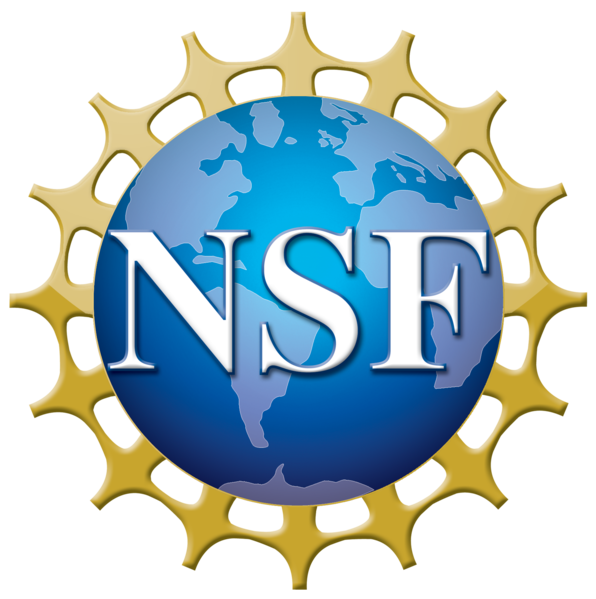Videos
For videos posted by CQN, please visit our YouTube channel.
FCC Quantum Internet Forum, December 15, 2020
Articles Written by CQN Staff
A Quantum Network Could Make the Internet More Secure (Lifewire.com)
How U.S. policymakers can enable breakthroughs in quantum science (Brookings.edu)
Looking to the future of quantum cloud computing (Silicon Republic)
Additional Reading
The State of Quantum – Highlighting the NSF Center for Quantum Networks (quantum.gov)
MIT Quantum & Electronics Seminars
Seminar archive: https://oqe.nonlocally.org/past
CQN/UMass Quantum Network Science Seminars
https://sites.google.com/view/qnss/home
FAQs
What are Quantum Networks and the Quantum Internet?
Classical computers use “bits” to store and process information, and each bit can take one of two values (0’s and 1’s.) Bits are transmitted between computers using the Internet. The Quantum Internet will transmit a wholly different kind of information – quantum information that cannot be represented by marks on paper or numbers stored in a conventional computer memory. Rather, it must be encoded in the quantum states of physical objects called “qubits.”
Qubits take advantage of quantum aspects of quantum physics– phenomena that are not captured in classical physics models and that are difficult to visualize. If bits take a value of 0 or 1, qubits are able to stay in a “superposition”– in a loose sense simultaneously taking on the value of 0 and 1. This allows qubits to represent information in entirely different ways than conventional bits can and is why quantum computers can perform feats of computation in seconds that would take a conventional computer years to finish. Qubits can also take advantage of the “spookiest” qualities of quantum physics– the fact that the quantum states of particles can be entangled. Once entangled, the particles can be sent to different places while remaining perfectly coordinated so that, once measured, the value of one determines the value of the other.
The primary task of a quantum network is to transfer or ‘distribute’ such entangled quantum states from one location to another. Even before quantum computers are mass-produced, quantum networks will be valuable for securing communications between conventional computers. The Quantum Internet will also allow apps and programs to send data directly to quantum computers for processing during the period when quantum computers continue to be scarce resources.
What is the likely payoff of the Quantum Internet?
Networks for transmitting entangled qubits will improve the Internet in at least two important ways. First, they will enable physics-based communication security that cannot be compromised by any amount of computational power. Second, the quantum internet will create a global network of quantum computers, processors, and sensors that are fundamentally more powerful than today’s technology.
The quantum internet will revolutionize national security, drug discovery, novel material design, data privacy, and logistics, and will push the frontiers of science by creating new measurement technology, for example, an array of telescopes tied together with entanglement. And just as the architects of the first Internet (the “ARPANET”) could not fathom the full range of applications of the modern Internet, we expect the impact of the work here at CQN to be similarly profound and multifaceted.

